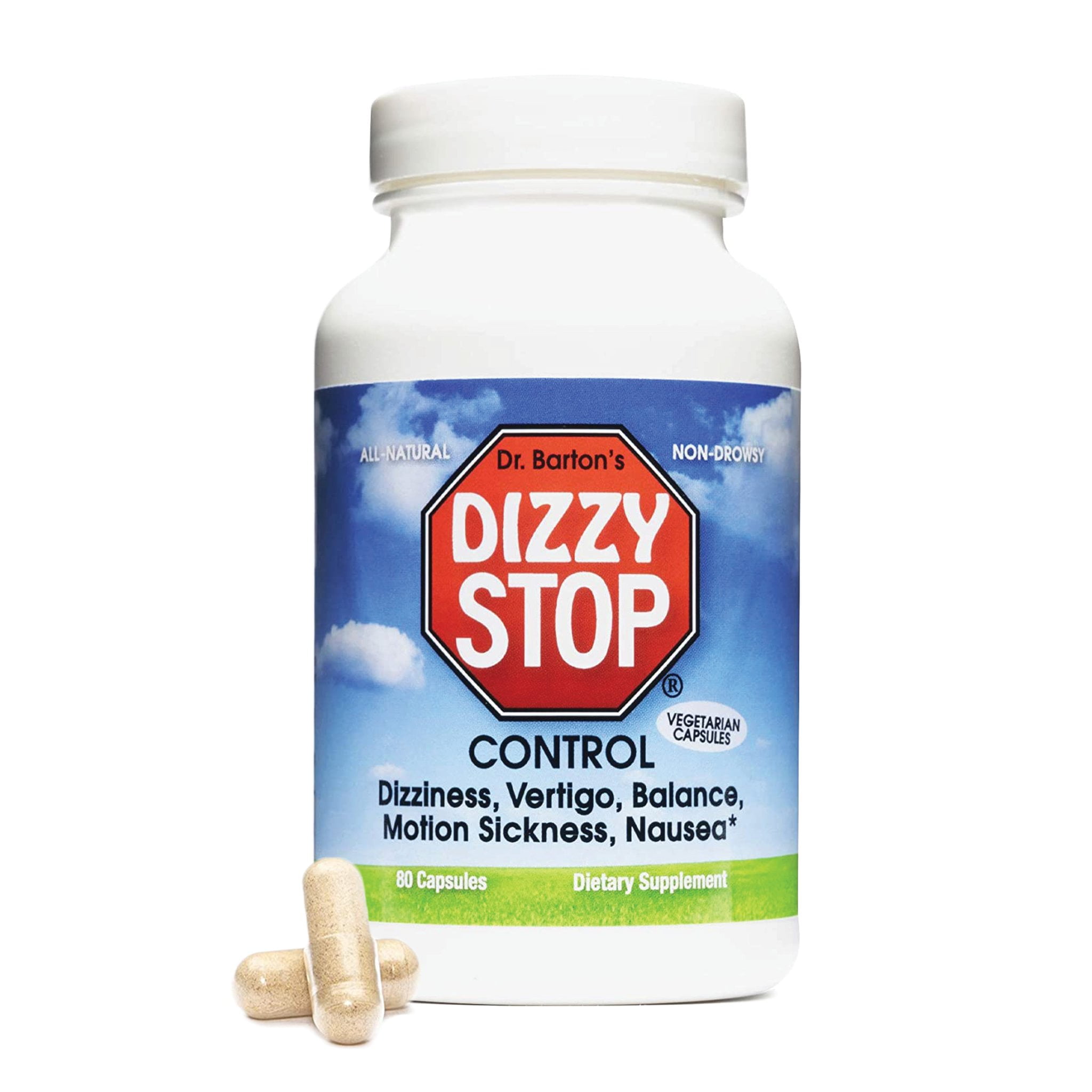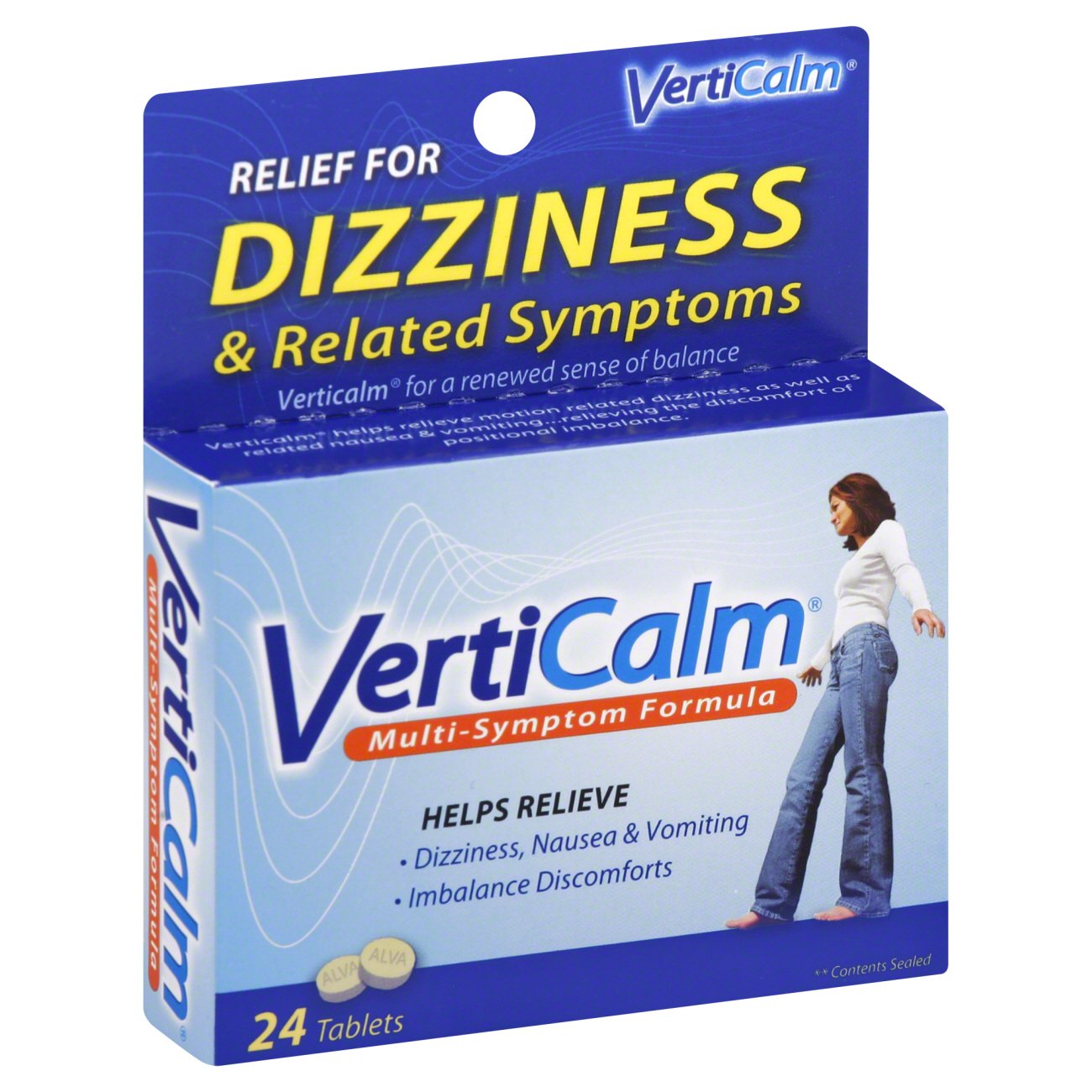Anti vertigo medicine offers a lifeline to individuals grappling with the debilitating symptoms of vertigo, a condition characterized by a false sense of spinning or dizziness. This comprehensive guide delves into the world of anti vertigo medicine, exploring its types, effectiveness, and potential side effects to empower you with the knowledge you need to navigate this condition.
From understanding the different classes of anti vertigo medications to weighing their benefits against potential risks, this guide provides a thorough examination of this crucial treatment option. Discover the mechanisms of action, indications, and appropriate dosages for various anti vertigo medications, ensuring you have the information you need to make informed decisions about your health.
Definition and Overview
Anti-vertigo medicine is a type of medication used to treat the symptoms of vertigo, a condition that causes a person to feel dizzy or lightheaded. Vertigo can be caused by a variety of factors, including inner ear problems, head injuries, and certain medications.
Anti-vertigo medicine works by reducing the activity of the vestibular system, which is the part of the inner ear that helps us maintain our balance. By reducing the activity of the vestibular system, anti-vertigo medicine can help to relieve the symptoms of vertigo, such as dizziness, lightheadedness, and nausea.
Common Uses
Anti-vertigo medicine is commonly used to treat the following conditions:
- Benign paroxysmal positional vertigo (BPPV)
- Ménière’s disease
- Vestibular neuritis
- Motion sickness
Types of Anti-Vertigo Medicine
Anti-vertigo medications are classified into different groups based on their mechanisms of action and indications. Here are the main classes of anti-vertigo medications:
Anticholinergics
- Mechanism of action: Block the action of acetylcholine, a neurotransmitter involved in the transmission of signals in the vestibular system.
- Indications: Peripheral vertigo caused by conditions such as benign paroxysmal positional vertigo (BPPV) and Meniere’s disease.
Antihistamines
- Mechanism of action: Block the action of histamine, a neurotransmitter involved in the regulation of balance and nausea.
- Indications: Motion sickness and vertigo associated with allergies or the common cold.
Benzodiazepines
- Mechanism of action: Enhance the effects of the neurotransmitter GABA, which has calming and sedative effects.
- Indications: Severe vertigo and anxiety associated with vertigo.
Calcium channel blockers
- Mechanism of action: Block the influx of calcium ions into cells, which can affect the function of the vestibular system.
- Indications: Vertigo caused by conditions such as Meniere’s disease and vestibular neuronitis.
Dopamine antagonists
- Mechanism of action: Block the action of dopamine, a neurotransmitter involved in the regulation of movement and balance.
- Indications: Vertigo associated with Parkinson’s disease or other conditions that affect dopamine levels.
Effectiveness and Side Effects
Anti-vertigo medications are generally effective in reducing symptoms of vertigo, such as dizziness, nausea, and vomiting. However, the effectiveness of specific medications may vary depending on the underlying cause of vertigo.
Effectiveness
Clinical studies have shown that anti-vertigo medications can significantly improve symptoms in patients with conditions such as:
- Benign paroxysmal positional vertigo (BPPV)
- Meniere’s disease
- Vestibular neuritis
- Labyrinthitis
Side Effects
Common side effects associated with anti-vertigo medications include:
- Drowsiness
- Blurred vision
- Dry mouth
- Constipation
- Headache
- Nausea
It is important to discuss the potential side effects with your doctor before starting any anti-vertigo medication.
Dosage and Administration

Anti-vertigo medications are typically dosed according to the severity of the symptoms and the individual’s response to the medication. The doctor will determine the appropriate dosage based on the patient’s age, weight, and overall health.
It is important to take anti-vertigo medication as directed by the doctor. The medication should be taken at regular intervals, even if the symptoms have subsided. Stopping the medication too soon may cause the symptoms to return.
Taking the Medication
- Take the medication with food or milk to reduce stomach upset.
- Do not lie down for at least 30 minutes after taking the medication.
- Avoid alcohol and caffeine while taking anti-vertigo medication.
- If you miss a dose, take it as soon as possible. However, if it is close to the time for the next dose, skip the missed dose and take the next dose as scheduled.
- Do not take more than the prescribed dosage.
Precautions and Contraindications

Anti-vertigo medications are generally well-tolerated, but it’s important to be aware of potential precautions and contraindications to ensure safe and effective use.
Individuals with certain underlying health conditions or who are taking other medications should exercise caution when using anti-vertigo medications. These conditions and medications can interact with anti-vertigo drugs, affecting their effectiveness or safety.
Anti vertigo medicine can be an effective way to manage the symptoms of vertigo, which is a condition that causes dizziness and a loss of balance. If you are experiencing these symptoms, it is important to see a doctor to rule out any underlying medical conditions.
Once any underlying medical conditions have been ruled out, your doctor may recommend anti vertigo medicine to help manage your symptoms. Vertigo imbalance treatment can also include lifestyle changes, such as avoiding certain triggers and performing exercises to improve balance.
In addition to anti vertigo medicine, your doctor may also recommend other treatments, such as physical therapy or vestibular rehabilitation.
Drug Interactions
- Alcohol:Alcohol can worsen symptoms of vertigo and interfere with the effectiveness of anti-vertigo medications.
- Sedatives and Hypnotics:These medications can increase the sedative effects of anti-vertigo drugs, leading to drowsiness and impaired coordination.
- Anticholinergics:These medications can interact with anti-vertigo drugs, potentially causing dry mouth, blurred vision, and urinary retention.
- Ototoxic Drugs:Certain medications, such as some antibiotics and chemotherapy drugs, can damage the inner ear and worsen vertigo symptoms. Anti-vertigo medications may not be effective in such cases.
Contraindications, Anti vertigo medicine
- Hypersensitivity:Individuals allergic to any component of an anti-vertigo medication should avoid using it.
- Severe Liver or Kidney Impairment:Anti-vertigo medications may not be suitable for individuals with severe liver or kidney problems, as they may not be able to effectively metabolize or eliminate the drug.
- Pregnancy and Breastfeeding:The safety of anti-vertigo medications during pregnancy and breastfeeding has not been fully established. Use should be谨慎,只有在明确需要的情况下才使用.
Alternative Treatments: Anti Vertigo Medicine
Alternative treatments for vertigo aim to alleviate symptoms without relying solely on medication. These treatments may include:
- Vestibular rehabilitation therapy: This involves exercises that train the brain to compensate for the vestibular system’s dysfunction.
- Canalith repositioning maneuvers: These are specific head movements that aim to reposition displaced crystals in the inner ear.
- Lifestyle modifications: Avoiding certain triggers like caffeine, alcohol, and stress can help reduce vertigo episodes.
- Acupuncture: Some studies suggest that acupuncture may help relieve vertigo symptoms by stimulating the nervous system.
- Herbal remedies: Certain herbs like ginger and ginkgo biloba have been traditionally used to alleviate vertigo, but scientific evidence is limited.
Benefits of Alternative Treatments
Alternative treatments may offer several benefits, including:
- Reduced reliance on medication
- Potential for long-term symptom management
- Non-invasive and generally safe
Drawbacks of Alternative Treatments
It’s important to note that alternative treatments:
- May not be effective for all individuals
- Can be time-consuming and require regular sessions
- May not be covered by insurance
Before considering alternative treatments, it’s crucial to consult with a healthcare professional to discuss their potential benefits and risks.
Final Thoughts
Managing vertigo effectively requires a multifaceted approach, and anti vertigo medicine plays a vital role in alleviating symptoms and improving quality of life. This guide has provided an in-depth exploration of anti vertigo medicine, empowering you with the knowledge to engage in informed discussions with your healthcare provider and make the best decisions for your well-being.
Remember, understanding your condition and treatment options is the key to regaining control over your life and living free from the limitations of vertigo.

